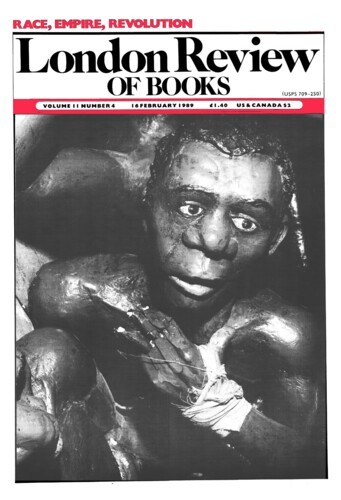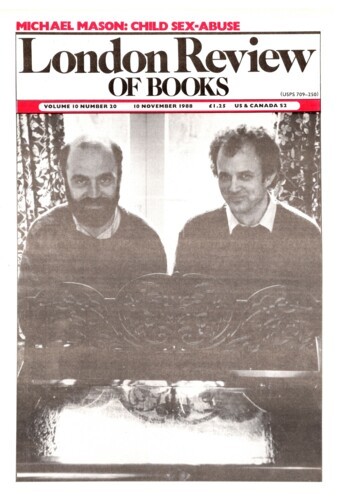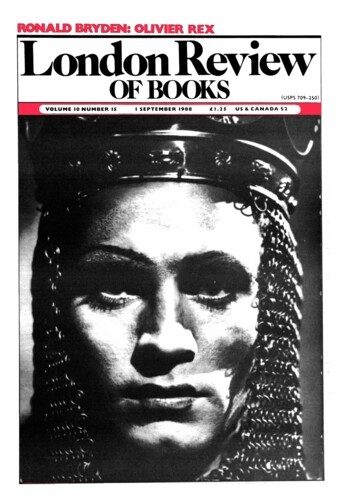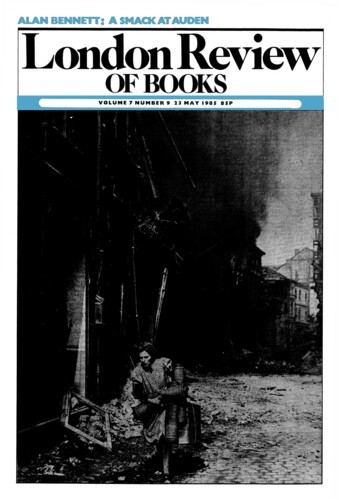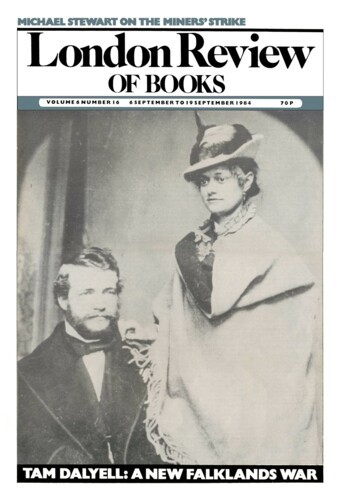Victorian Consumers
Michael Mason, 16 February 1989
Christianity, in a literal sense, is not true. And every adult citizen, of either sex, is entitled to a vote. In modern Britain both these views are very widely believed. Our society is a secular and democratic one, with secular and democratic ideas running so deep that it is impossible to imagine them being dislodged – impossible to imagine, for example, that any political group that wanted to restore a supreme authority to the Church and to abolish universal suffrage could make the slightest headway. But how can this be? Didn’t the Britain of only 150 years ago have a completely different set of values? How can a reversal of attitudes so extreme and apparently permanent have come about?’
